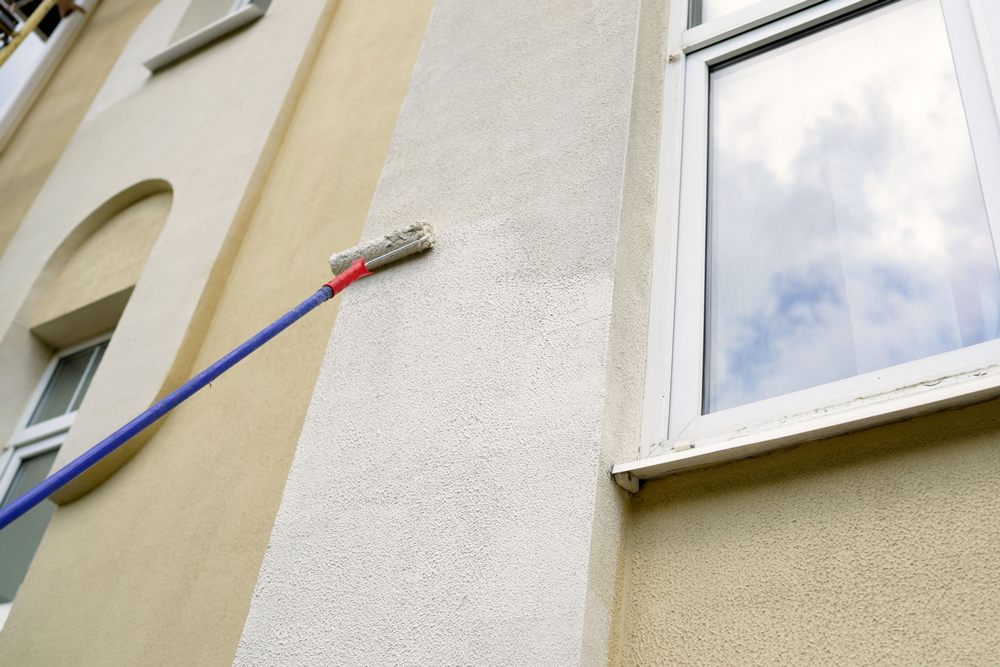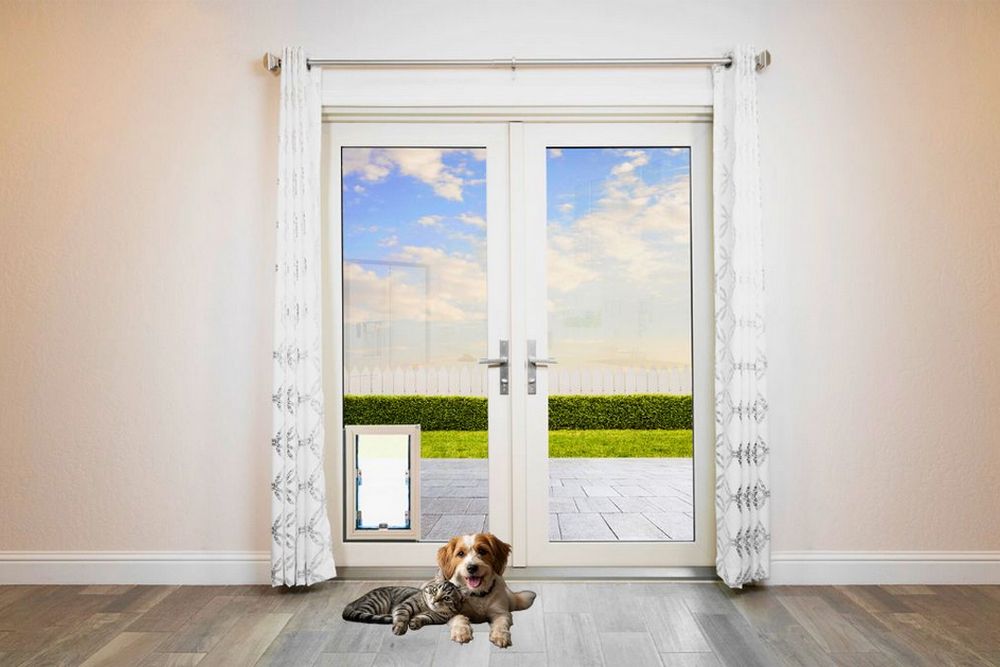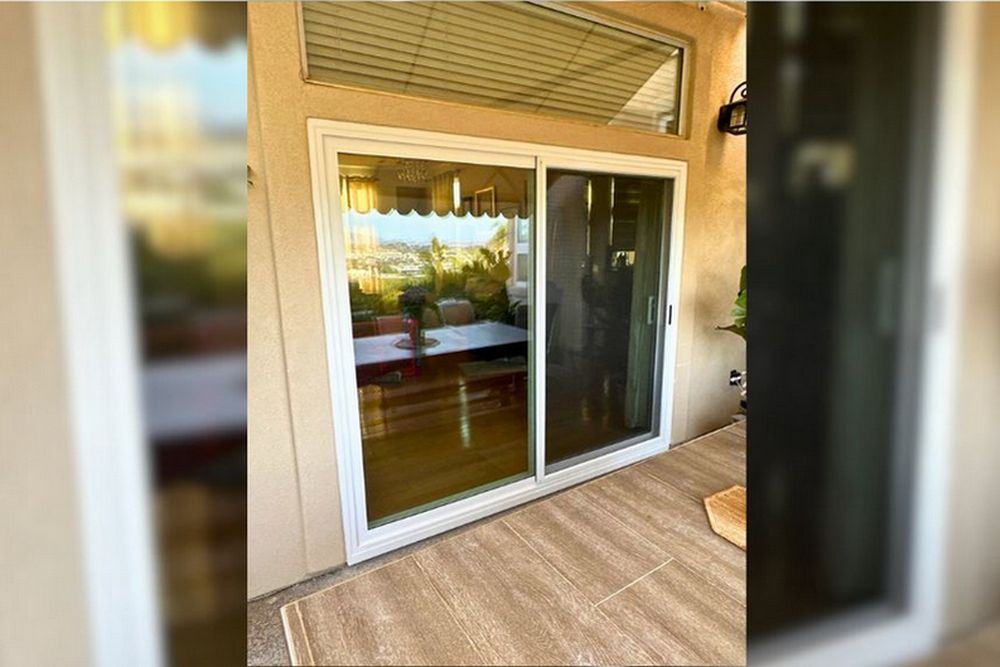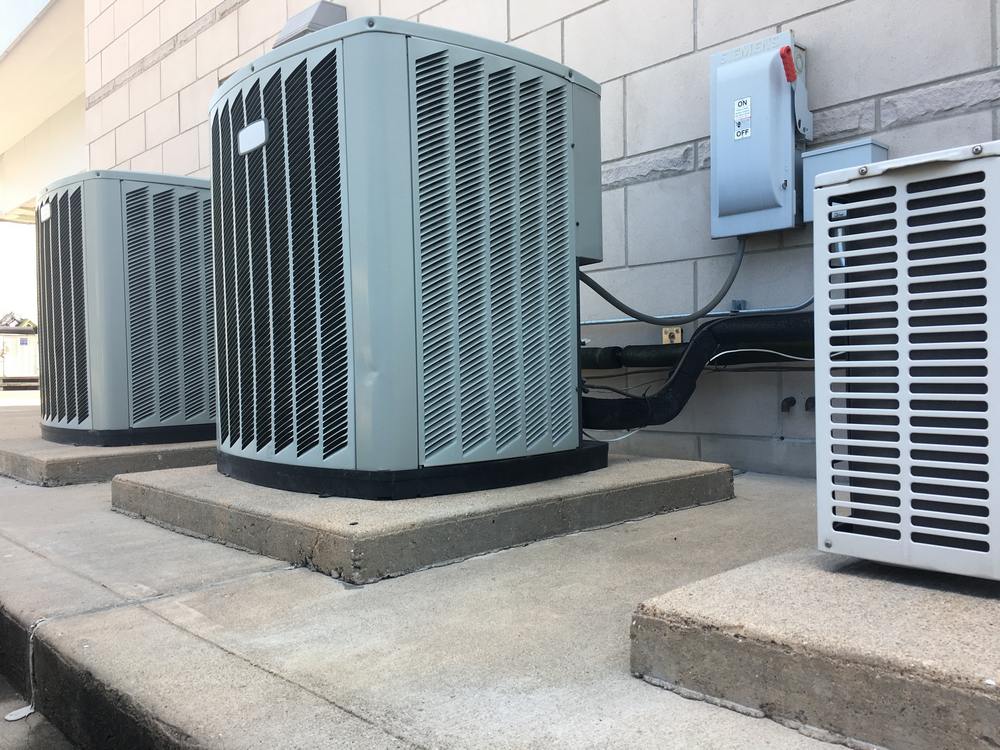
A heating, ventilation, and air conditioner (HVAC) system provides your home with comfortable temperatures and quality air. A brand-new HVAC system gives you a place to unwind after a long day while also helping to treat your family’s allergies and respiratory illnesses. As your unit ages, you need to consider when to replace it. While an HVAC system can survive for a couple of decades, here are 6 reasons to replace your old HVAC system:
- A more reliable HVAC system
- Save money on HVAC maintenance costs
- Comfortable temperatures for your home
- Save money on HVAC energy costs
- A quieter system
- Better air quality in your living space
Replacing your old HVAC system provides you with peace of mind for your home. If you’re having issues with your HVAC system, call a professional like Elor Energy, who will assess your need for a replacement.
How Often Should You Replace Your HVAC System?
The average lifespan of an HVAC system is between 15 and 20 years. Around year 10, your HVAC system might show signs of decline. If you have found yourself having to pay for repairs more often, it might be more cost-effective to replace your HVAC system. Before you decide to replace an old HVAC system, schedule an appointment with an HVAC specialist to discuss costs and explore financing options if needed. A professional HVAC specialist will walk through your home and note the energy efficiency of your old HVAC unit. They will check if your system has air leaks or cracks to determine which parts need to be replaced.
1. A More Reliable HVAC System
After 10 years, your HVAC system may become less reliable. If the date isn’t labeled on your HVAC system, you can call the manufacturer to determine the age of the unit. Most of the time, your HVAC system will last well over 10 years. Consider these factors to determine when to revive your old HVAC system or replace it:
- Excessive use: The more you use the HVAC system, the more it will expend energy, and its parts will wear down. You should replace your HVAC system if you’ve used it continuously yearly. If you spent a summer away on vacation, you wouldn’t turn on your HVAC system for several months. If you keep your air conditioning cranking all summer in the California heat, your unit works hard all summer to provide a cooler temperature for your home.
- Energy efficiency: Updating your system allows you to take advantage of new technology suitable for government compliance. For example, the federal government is transitioning from using Freon as a refrigerant because R410A is more energy-efficient. If your older machine uses Freon as a refrigerant, you will have to pay more to get it.
2. Save Money on HVAC Maintenance
The best time to replace an HVAC is before a major breakdown. HVAC systems older than 10 years often start to require more repairs. Over time, repair costs can add up to well over the value of your HVAC system. You can prolong the life of your HVAC unit by changing out the air filters often, cleaning out the AC units, and scheduling routine maintenance as needed. Here’s how you can save money by replacing your entire HVAC system instead of trying to revive certain parts of your current unit:
- Repair costs: If you are paying more than 50% of the cost to replace during a repair, you should consider replacing the HVAC system as a better investment of your money. Parts like a compressor, heat exchanger, or motor could be costly to replace. You’re also charged a labor fee whenever an HVAC specialist has to come and fix your unit. If you’re requesting repairs at least once a month, it is time to replace your HVAC system.
- Maintenance: At most, a functional HVAC system should only require maintenance twice a year. You should consider replacing your unit if you have to call the HVAC technician more than that. A new machine will offset the maintenance cost and newer models only need to be inspected once a year.
3. Comfortable Temperatures for Your Home
An HVAC system should provide warm air in the winter and cool air in the summer. You need an efficient unit that can keep up with the different temperatures of the summer and winter. A newer HVAC system will heat and cool your home more efficiently than an older one. An older HVAC system may have difficulty reaching the thermostat’s set temperature. You know it’s time to replace your old HVAC unit if one room is significantly warmer or cooler than the rest of the home. Older HVAC systems tend to struggle to maintain a consistent temperature in your home because of these factors:
- A faulty thermostat: Try reprogramming your thermostat if one room is warmer or cooler than the others.
- A thermostat set to the wrong temperature: Inspect your thermostat to ensure it’s set to the right setting and temperature. You may have accidentally put the heat on in the summer or the cool on in the winter.
- Clogged air filters: You should replace your air filters at least once every three months.
- Refrigerant leaks: Check your HVAC unit for ice or cracks. You only need to refill the refrigerant if there’s a leak.
- Cracked air ducts: Check your ducts and vents throughout your home. Any cracked air ducts need to be replaced.
- Motor damage: If the AC unit makes excessive noise, the motor may need to be replaced.
- Improper installation: An HVAC specialist can check your HVAC unit’s installation to ensure it functions properly.
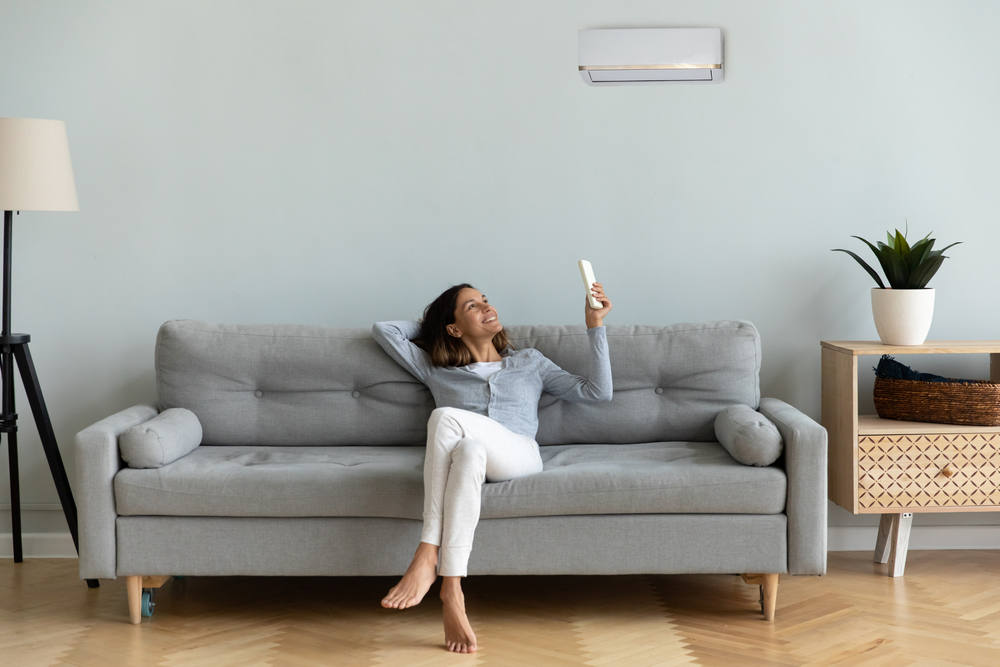
4. Save Money on HVAC Energy Costs
One of the benefits of a new HVAC system is that you will save money on energy costs. Your heating and cooling costs account for half of your energy bill, so you could reduce air conditioning energy use by 20 to 50% when you replace your unit. Replacing your HVAC system could offset the costs that accrue over time based on these factors:
- A constantly running unit: If it seems like your HVAC system is constantly running, it may be time to replace your unit. An overworked air conditioning unit uses more energy, adding costs to your energy bill.
- A faulty thermostat: You could save up to 10% on your energy bill by adjusting your thermostat 7 to 8 degrees from the normal setting for 8 hours a day. You could invest in a programmable thermostat to schedule your system to turn on and off during the day. You can even connect your thermostat to your phone to program the temperature from anywhere in the world.
- An outdated unit: When you routinely inspect your HVAC unit and change the air filters, you reduce the unit’s energy consumption by 5 to 15%.
5. A Quieter HVAC System
An old HVAC system might make a loud, unsettling noise when running. The noise could be because of a faulty part or because your entire system needs to be repaired. Where the HVAC unit and ducts are installed can also affect the amount of noise the system makes. If you have ducts installed in a narrow hallway, any sound can reverberate off the walls and echo throughout the house. Depending on the noise, the issue may be minor, but it could also be a cause for you to replace your HVAC system.
- Squealing or grinding: You need to replace your HVAC system if you hear squealing or grinding. A squealing sound means the belt connected to the blower’s motor or your condenser’s fan motor is working too hard. You’ll need to replace the belt. The condenser’s fan could cause a squealing sound from a newer HVAC system. In that case, you would need to replace the motor.
- Buzzing: A buzzing sound could indicate that the unit has loose parts, a refrigerant leak, or a broken compressor. If any parts are loose, the rest of the system has to work harder to produce warm or cool air. Refrigerant leaks can freeze the unit and cause a buzzing noise. A broken compressor that makes a buzzing noise is either malfunctioning or has an electrical shortage.
- Popping: If you hear a loud popping sound coming from the ducts, it could be warm air traveling through the ducts. When the ducts are warm, the material expands and makes a popping noise.
6. Better Air Quality in Your Living Space
An HVAC system also provides ventilation for the home. When you have a new and effective HVAC system, your air is free from:
- Dust: Dust accumulating through your home points to a problem with the ventilation system of your HVAC system. Newer HVAC units are equipped to clean the air of pet dander, airborne allergens, dust, and other forms of debris. This feature is especially beneficial for the people in your home who suffer from allergies and respiratory illnesses.
- Humidity: A newer, energy-efficient AC unit can also reduce the humidity in your home. Excess humidity prevents our bodies from cooling down by sweating. One of the ways an AC unit helps regulate the temperature is by reducing the amount of moisture in the air.
- Odd smells: If you smell a burning odor in the heating unit, it’s most likely dust in the furnace. An odd smell could also be mold or mildew buildup or a potential electrical fire. If you smell an odd odor in your home, schedule an inspection with an HVAC specialist.
- Carbon monoxide poisoning: An older HVAC unit puts you and your family at risk of carbon monoxide poisoning. Older furnaces could have cracks in their heat exchangers, which could leak carbon monoxide into the air. Carbon monoxide is colorless and odorless, so make sure you have a functioning carbon monoxide detector to protect your home. Since carbon monoxide poisoning can be fatal, you should schedule an appointment with an HVAC specialist to inspect an older HVAC unit properly.
Newer HVAC systems are better for the environment. As more eco-friendly refrigerant becomes available, the newer HVAC systems will have better parts for the environment.
Trust Elor Energy to Replace Your Old HVAC System
Lower your energy costs and reduce maintenance repairs with a new HVAC system. Our energy-efficient HVAC units will help you have a comfortable temperature all year. When you need to replace your old HVAC system, contact the professionals at Elor Energy. We’ll help you determine whether you need to replace your aging HVAC system. Give us a call at (858) 683-6443, or click here to get in contact today.
continue reading
Related Posts
Choosing the right time to apply a heat-reflective exterior coating is crucial to its performance and lifespan.
A pet door is one of the easiest ways to give your dog or cat more freedom, but many homeowners worry it will bring drafts, heat loss, and higher utility bills.
Choosing the right patio door can change how your home feels, functions, and even how comfortable it stays throughout the year.

